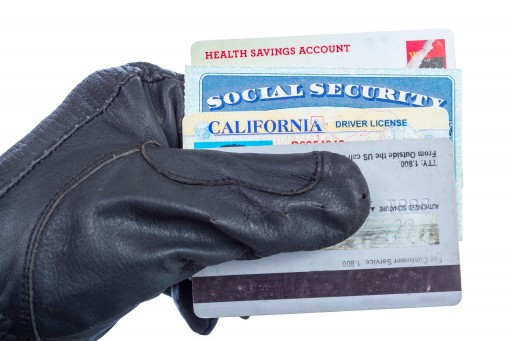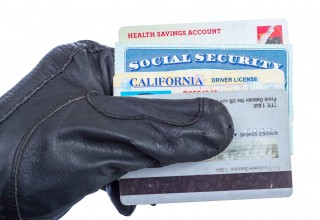
SAN RAMON, Calif. - October 15, 2018 - (Newswire.com)
Identity theft is on the rise; in 2017 alone, there were 16.7 million victims, up 12 percent from 2016. Credit freezes, which were made freely available in September this year, stop lenders from being able to access borrowers’ credit reports; without access to this data, lenders are unwilling to grant credit without knowing the borrower's risk. For many years, credit freezes have been recommended as a way to prevent identity theft, but are they really a true safeguard? Financial Education Benefits Center (FEBC), a membership benefits company that offers an identity theft protection benefit, takes a look at the actual effectiveness of a credit freeze for the prevention of identity theft.
“It’s great that credit freezes are free for everyone now,” said Jennifer Martinez, manager at FEBC. “Unfortunately, all identity thieves need is a few pieces of personal information to wreak havoc on an individual’s finances.”
While credit freezes will ensure that identity thieves won’t be able to open new accounts, they can still do damage to current open accounts. Checking credit accounts frequently for fraudulent charges is always recommended; if any are discovered, they should be disputed immediately. Identity thieves can also file bogus tax returns using fake numbers in an attempt to get a larger refund check. While this may not always fool the IRS, it can be a hassle going through the process of straightening things out with them. Medical care can also be acquired using a person’s name, date of birth, medical insurance account numbers or social security number. Medical identity theft is often hard to detect until collection agencies contact the victim, making it an appealing type of fraud for would-be thieves. Another type of identity theft, synthetic identity theft, uses some of an individual’s personal information mixed with fake information to create a new identity. The information they submit may not be enough to trigger a lender to freeze or reject new accounts.
Credit freezes can certainly be part of identity protection, but they must be used in combination with other methods such as shredding paperwork that contains sensitive information, using secure internet connections while transmitting personal information and using strong passwords on websites. In addition to these steps, FEBC members may be interested in identity theft services provided by Lifelock that they have access to through their membership portal. Lifelock, a leader in identity theft protection, works to keep personal information secure in addition to providing early theft protection and remediation services.
“Identity theft can do a lot of damage to a person’s finances and, ultimately, their life,” said Martinez. “FEBC is proud to offer discounts to services like Lifelock that can ensure their financial wellness.”
About Financial Education Benefits Center
Financial Education Benefits Center is located in San Ramon, California. The membership company has already helped thousands save money and obtain the necessary education required to live a financially healthy life.
Financial Education Benefits Center has partnered with several name brand third-party companies to expand the financial and educational products and services available to its members and to provide a variety of wellness services as well.
Financial Education Benefits Center Newsroom
Contact
To learn more about Financial Education Benefits Center, please contact:
Financial Education Benefits Center
2010 Crow Canyon Place Ste. 100
San Ramon, CA 94583
1-800-953-1388
info@febcp.com
Related Links
FEBC home page
Related Images


Press Release Service by Newswire.com
Original Source: Are Credit Freezes a Safeguard Against Identity Theft? Not Always, Warns Financial Education Benefits Center